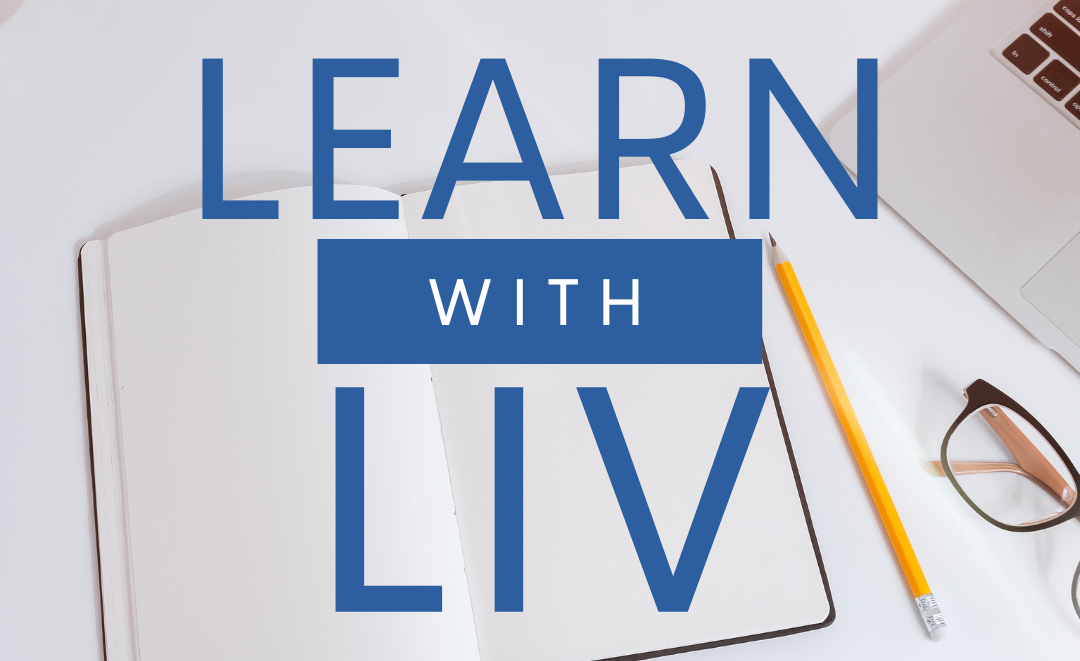
As Liv interns at FASD United, she will be sharing the things she is learning and doing to inspire and explore FASD awareness through a public health lens. In her time with our organization, she will have opportunities to experience the roundedness of our programs, aid in important projects, and explore her understanding through reflection.
“My main task for this week was updating and re-designing our outdated fact sheets for teachers
as well as FASD 101. It was interesting to look at what our old fact sheets included, the language, the statistics, and even the pictures. It demonstrates how much FASD United’s and the FASD community’s knowledge has grown. Some information on the older fact sheets used stigmatizing language as well as images. For example, the first element of the teacher fact sheet that stood out to me was the image of a child that exhibits facial features of FASD. This image I took out because when using images in FASD conversations, you want to avoid portraying individuals with FASD in a way that does not highlight possible differences that can feel “othering” or alienating. This is because only about 10% of individuals with an FASD exhibit the characteristic dysmorphic facial features consistent with an FAS diagnosis. We now know this kind of imagery can be harmful to individuals with FASD, caregivers, and more. By portraying images of children that exhibit these characteristic dysmorphic facial features,
we may be giving a false perception that to have an FASD one must have these features.
As I have discussed in previous Learn with Liv’s, I have a learning disability as well as a developmental disorder that I especially struggled with in elementary school. I was blessed enough to get a personalized learning plan as well as tutoring and counseling in school that helped me learn at a pace and unique way that allowed me to thrive in school. I cannot imagine how I would’ve done in school without these accommodations. This is why I enjoyed working on the fact sheets for educators because I hope that every child with FASD or any other condition gets adequate help with their learning process. My parents always used to say to me, “Just because you have to learn differently than others doesn’t make you any less smart or capable.”
To make edits and changes to the fact sheets, I used our in-progress language and stigma guide. I wanted to make sure that everything that I wrote aligned with our guide, and that the wording I used was respectful, informative, and meaningful. I also wanted to make sure that the fact sheets included our mission of Giving FASD a Seat at the Table. I am still working on the sheets currently, but I am hoping that they will be useful for educating people about FASD.”
Reflection from 2/19 to 2/23 2024
